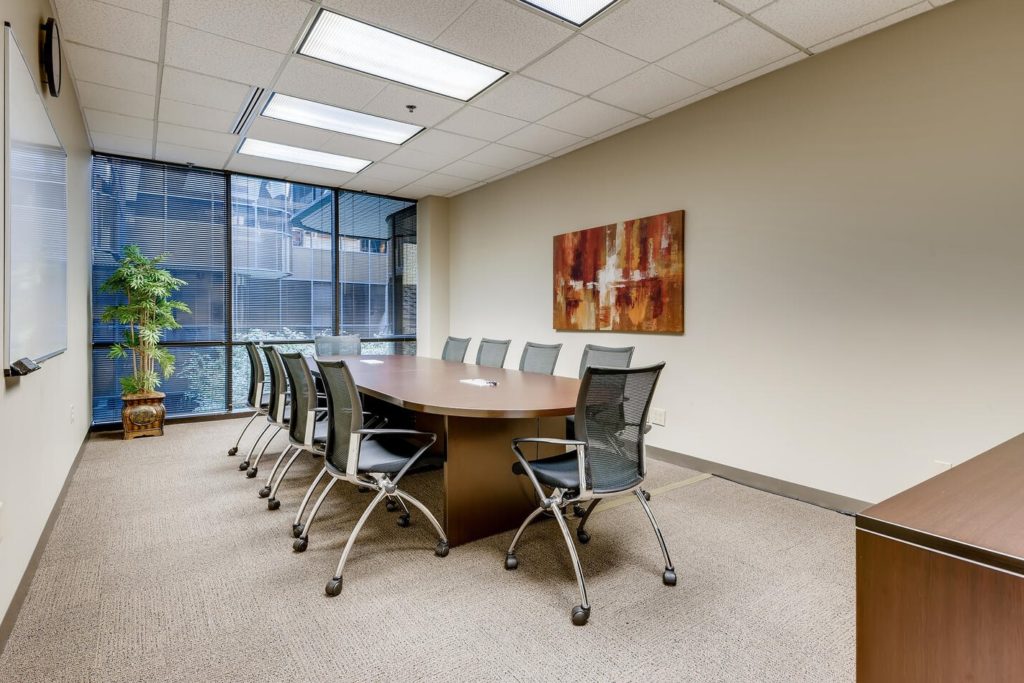
Flexible working arrangements to complement flexible Shared Workspace
With the COVID-19 crisis at hand, businesses are at a critical juncture and are considering every option available to stay afloat, and ensure business continuity, flexible working arrangements are being considered as a viable business continuity plan. Corporates, presently, have been actively contemplating the adoption of flexible working arrangements such as staggered hours for their employees.
If strategized properly, flexible work schedules can lead to positive and profitable outcomes for business including cost savings, increased productivity and performance, as well as retention of talented workforce. From an organizations’ standpoint, the major advantage of opting for a flexible workspace is that it would enable companies to refrain from being tied to a fixed lease/long-term contracts for office space, given the possibility of future adverse economic events. It would also lend greater flexibility as market conditions shift, allowing them to increase or decrease headcount with ease. They would be liable to pay only for the workstations that are occupied, thereby promoting cost savings. In present conditions, businesses are more likely to favor paying for only current space requirements on a periodic/monthly basis, rather than commit to future requirements.
Another evolving corporate strategy to bring forth a cost-effective and efficient workplace is the concept of ‘Work from Near Home’. With the government relaxing rules to enable companies to adopt a permanent Work from Home/Work from Anywhere culture, the decentralization into suburban business districts and regional offices in non-metro cities will become more popular as teams work remotely. Since flexible workspace players have multiple facilities operating in several locations in a particular city, they can quickly provide office space to companies that are looking to de-densify their current office. Requisite privacy can also be provided with cabins and dedicated meeting room/conferencing facilities. Adaptability is the key, and with these changes implemented, flexible workspace players can reap benefits even in this adverse situation. Future perspective Today, the office is fast turning into a consumer-led product. Given the current uncertainty, flexible workspace is being viewed as a prudent way forward – where the corporate has a formal office set-up, but with reduced real estate costs and overheads.
In times such as these, flexible workspace can provide the required help to many companies looking at keeping their businesses up and running from an office establishment, with the operation of at least a portion of the workforce. While flexible workspace has undoubtedly been impacted by the COVID-19 crisis in the short-term, the pandemic curbing its hectic expansion plans, the segment seems to have worked out its mode of survival. In the near future, with the economy stabilizing and the expiry of various offers that were put out during the pandemic, flexible workspace operators will find greater opportunities to increase their market share. Major operators may opt for strategic portfolio level tie-ups with leading developers/landlords to augment their footprint in preferred office markets. There might even be instances of mergers and acquisitions amongst operators, as they strive to manage operational costs and seek sustainable growth. Added to this, several landlords are also interested in adding flexible workspace component to their premise; and this may result in partnership arrangements with operators of such space.
Flexible workspace has today earned a key position in the office market scenario, chiefly by the dint of its willingness to offer various levels of real estate flexibility and preferences that work for both tenants and landlords. The future of the flexible workspace segment, thus, remains positive as customers continue to pursue cost-effective, furnished, and managed spaces. If at all, the fact that large multinationals are now aiming at building more agility into their office portfolio in the wake of the pandemic would only strengthen the segment. Thus, going forward, demand for flexible space will return as occupiers incorporate core and flex models into their business operations.
At OFFICE EVOLUTION COLUMBUS, we understand the unique challenges of companies and entrepreneurs, and we have designed and adapted our services to meet the demand of greater flexibility.
Contact us today to set up a tour at our Dublin, Worthington or Easton, Ohio locations.
Dublin – [email protected] (614) 495-9274
Easton – [email protected] (614) 944-5191
Worthington – [email protected] (614) 985-3605